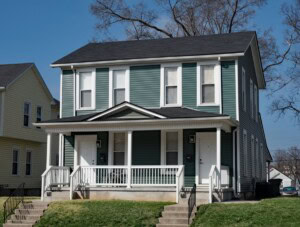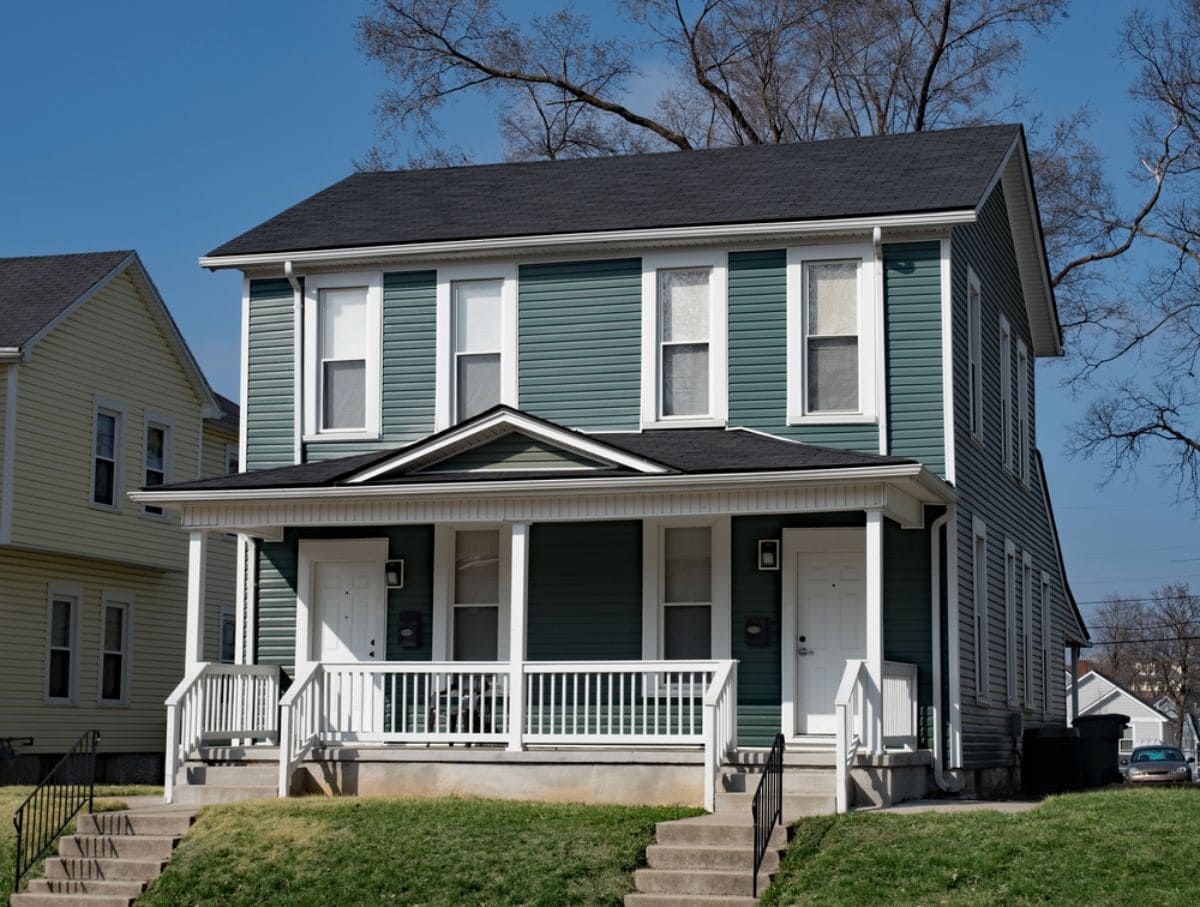
Key takeaways:
- House hacking is a real estate investment strategy where you live in one part of a property while renting out the remaining space.
- House hacking can either be done with a multi-unit dwelling or in a single-family home.
- When searching for a house to hack, it’s important to review zoning laws and HOA regulations for investment permittance.
Have you ever dreamed of living for free, or significantly reducing your largest monthly expense? For many, housing costs represent a substantial portion of their budget. What if you could turn your home into an income-generating asset?
This concept is known as “house hacking” in real estate. It’s a strategic approach to homeownership where you leverage your primary residence to generate rental income, often covering all or most of your mortgage payments and associated costs. This Redfin real estate guide will explore what house hacking entails, its benefits, and how you can get started.

What is house hacking in real estate?
House hacking is a real estate investment strategy where you live in one part of a property while renting out the remaining space. This can take several forms, such as purchasing a multi-unit dwelling (duplex, triplex, or quadplex) and living in one unit while renting out the others.
Alternatively, it could involve buying a single-family home and renting out spare bedrooms, or even converting a portion of your home into a separate rental unit, like a basement apartment or an accessory dwelling unit (ADU). The core idea is to offset your living expenses with rental income, making homeownership more affordable and building equity.
Perks of house hacking
House hacking offers numerous advantages, making it an attractive option for aspiring homeowners and real estate investors:
1. Reduced or eliminated housing costs
This is arguably the biggest perk. By collecting rent, you can significantly lower, or even eliminate, your monthly mortgage payment, property taxes, and insurance. This frees up capital for other investments or personal goals.
2. Building equity faster
With tenants contributing to your mortgage, you build equity in your property at an accelerated pace. This asset appreciation can be a significant source of wealth accumulation over time.
3. Gaining landlord experience
House hacking provides hands-on experience in property management and tenant relations with the convenience of living on-site. This can be invaluable if you plan to expand your real estate portfolio in the future.
4. Lower down payment options
For multi-unit properties, it’s often possible to secure favorable owner-occupant financing, such as FHA loans, which require lower down payments compared to investment properties.
5. Tax benefits
As a homeowner and landlord, you may be eligible for various tax deductions related to rental income and property expenses. Consult a tax professional for personalized advice.
6. Financial flexibility
Lower housing costs provide more financial flexibility, allowing you to save for other goals, pay down debt, or invest further.
Example scenario of house hacking in real estate
Jacob wants to buy her first home while building a path to real estate investing. He decides to house hack. Jacob purchases a duplex for $400,000, securing an FHA loan with a low down payment. His total monthly mortgage, taxes, and insurance come to $2,500. He moves into one unit and rents out the other unit for $1,800 per month.
In this scenario, Jacob’s out-of-pocket housing expense is reduced to just $700 per month ($2,500 – $1,800). This is a significant saving compared to paying the full $2,500 himself. Over time, the rental income could even increase, potentially covering more than his entire mortgage. This strategy allows Jacob to live in his own property, build equity, and gain experience as a landlord, all while enjoying substantial financial relief.

How to find a house to hack
Finding the right property for house hacking requires a specific approach:
1. Define your real estate goals
Determine what type of house hack suits your lifestyle and financial objectives. Do you prefer a multi-unit property or renting out rooms in a single-family home?
2. Research the local market
Look for areas with strong rental demand and properties that align with your budget and house hacking strategy. Consult with a Redfin real estate agent who specializes in investment properties.
3. Consider zoning laws
Ensure the property’s zoning allows for the type of rental activity you plan to pursue, especially if you’re considering converting parts of a single-family home.
4. Inquire with the HOA
If the property is in a homeowners association, double-check that house hacking is permitted.
5. Assess property condition
Factor in potential renovation costs. While some minor improvements can add value, significant repairs can eat into your profits.
6. Calculate potential rental income
Work with your agent to estimate realistic rental income for the units or rooms you plan to rent out. This is crucial for determining profitability.
7. Explore financing options
Research loan programs like FHA, VA, or conventional mortgages that are favorable for owner-occupied multi-unit properties.
Now, decide if house hacking is right for you
If investing in real estate is something you’re passionate about, but are concerned about the barrier to entry, house hacking might be a great starting point. This real estate investment strategy is a phenomenal option for beginners who are looking to reduce their overall costs of living while increasing cash flow. But, don’t limit yourself to one investment option; be sure to explore other real estate investing strategies to decide which one is right for you.
Frequently asked questions:
Q: Is house hacking legal?
A: Yes, house hacking is generally legal, but it’s crucial to comply with local zoning laws, rental ordinances, and landlord-tenant regulations. Always check with your local municipality.
Q: How much money can you save by house hacking?
A: The savings vary significantly depending on the property’s location, rental income generated, and your mortgage expenses. Many house hackers aim to have their rental income cover their entire mortgage and associated costs.
Q: What are the biggest challenges of house hacking?
A: Challenges can include managing tenants, dealing with repairs and maintenance, potential privacy concerns, and the initial learning curve of being a landlord.
Q: Can you house hack with an FHA loan?
A: Yes, FHA loans are a popular option for house hacking, especially for multi-unit properties (up to four units), as they often require lower down payments for owner-occupied residences.
Q: Will lenders consider the prospect of rental income for your mortgage approval?
A: No, lenders will not consider potential rental income to help you get approved for a mortgage. Approval for financing is determined solely on the owner’s income.
The post What is House Hacking in Real Estate? A Beginner’s Guide for Pursuing Real Estate Investing appeared first on Redfin | Real Estate Tips for Home Buying, Selling & More.